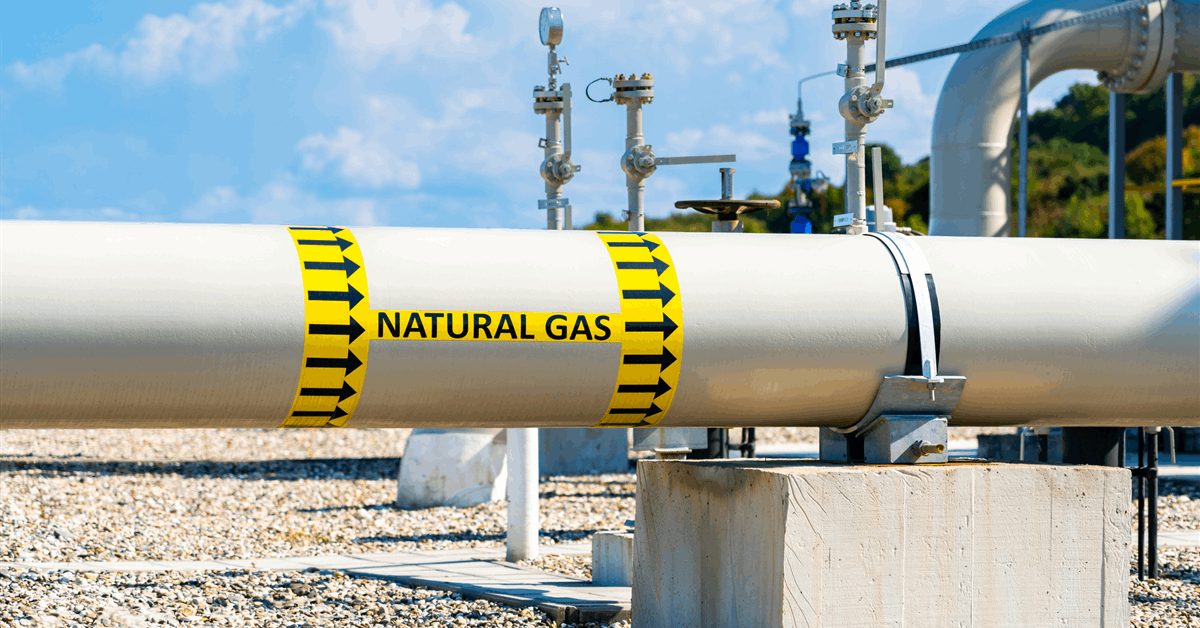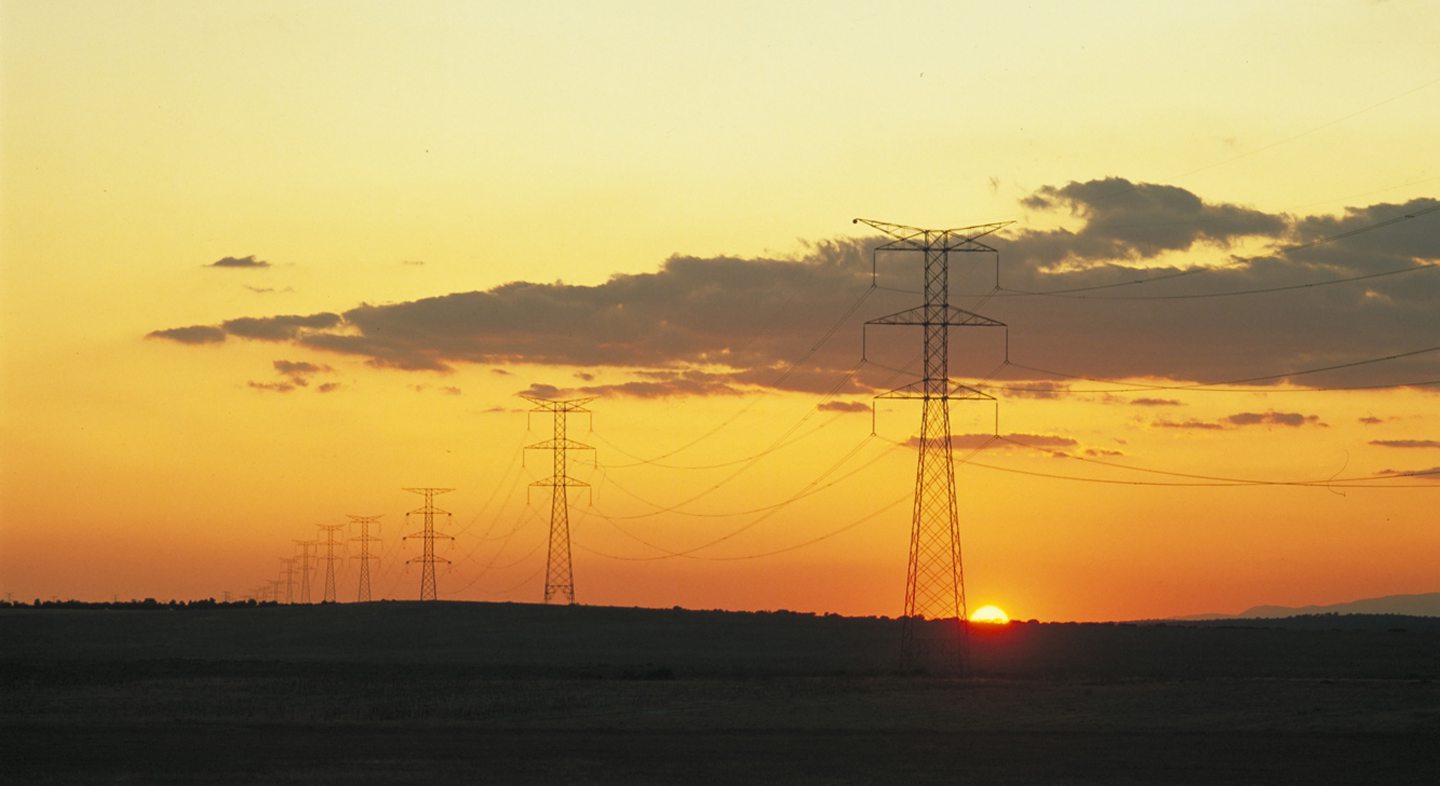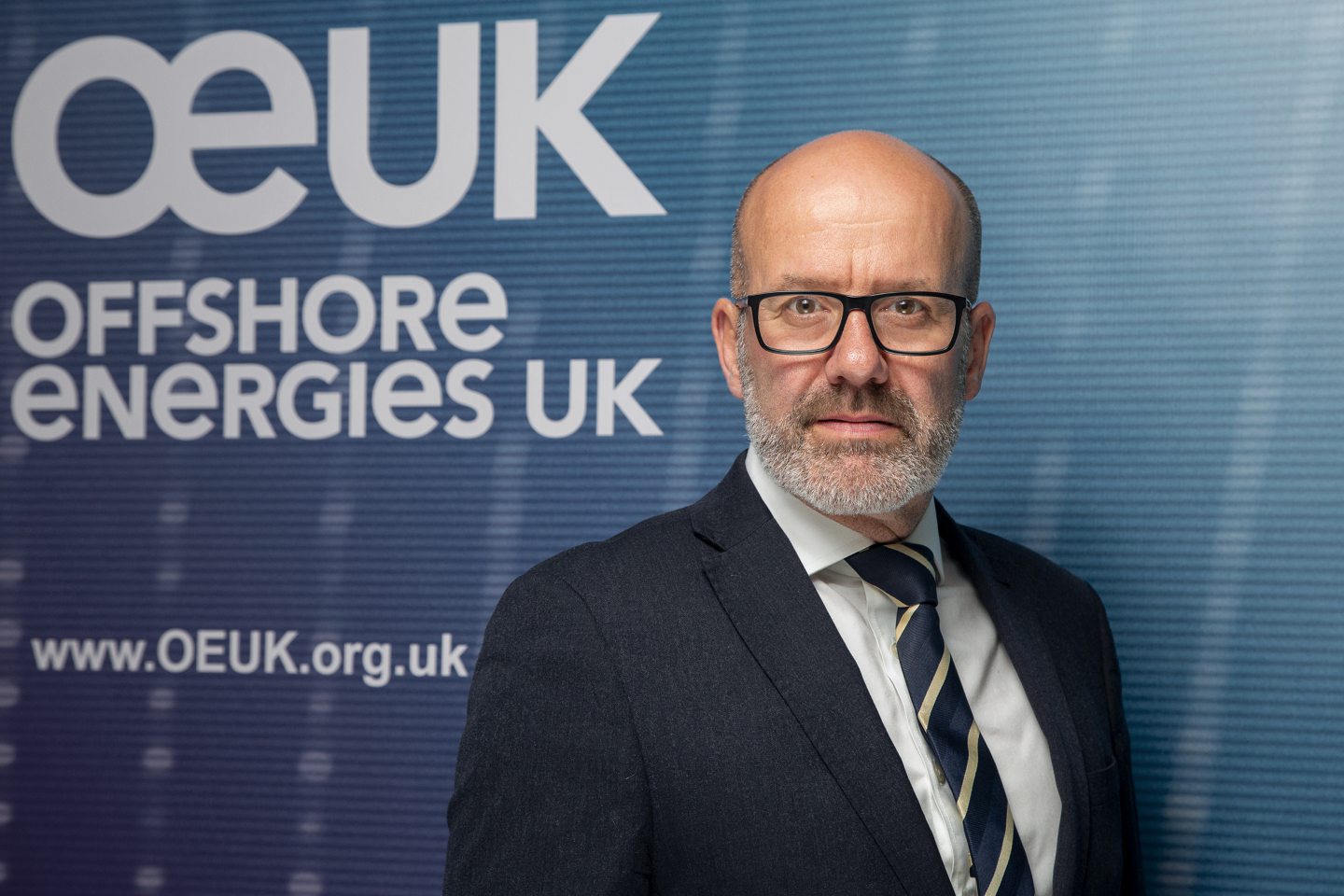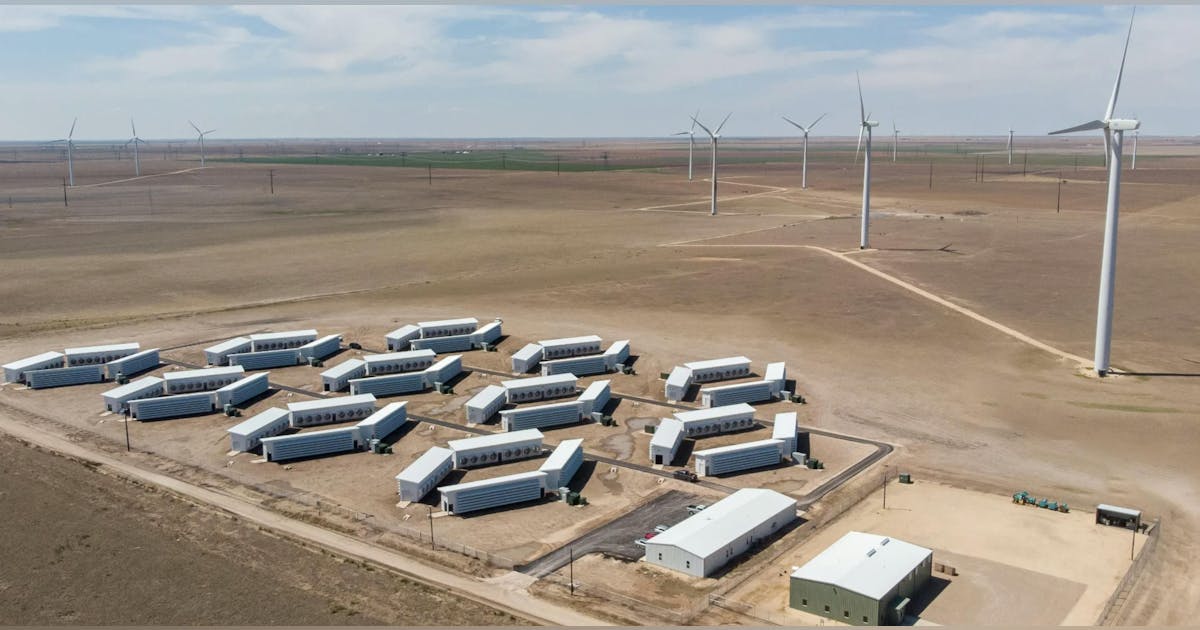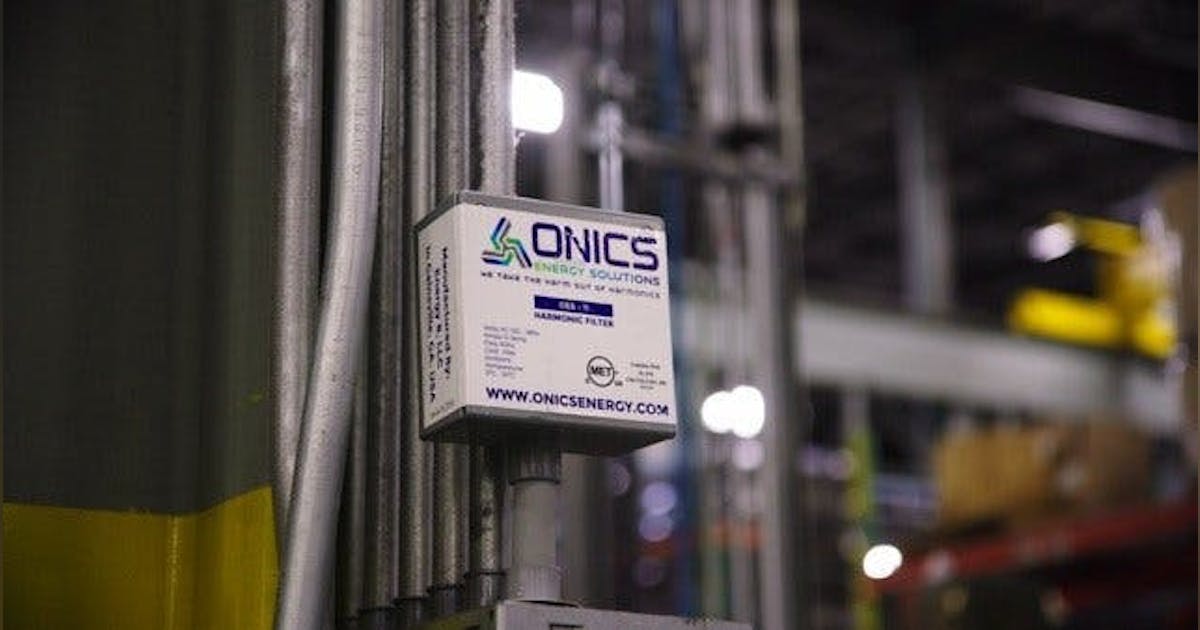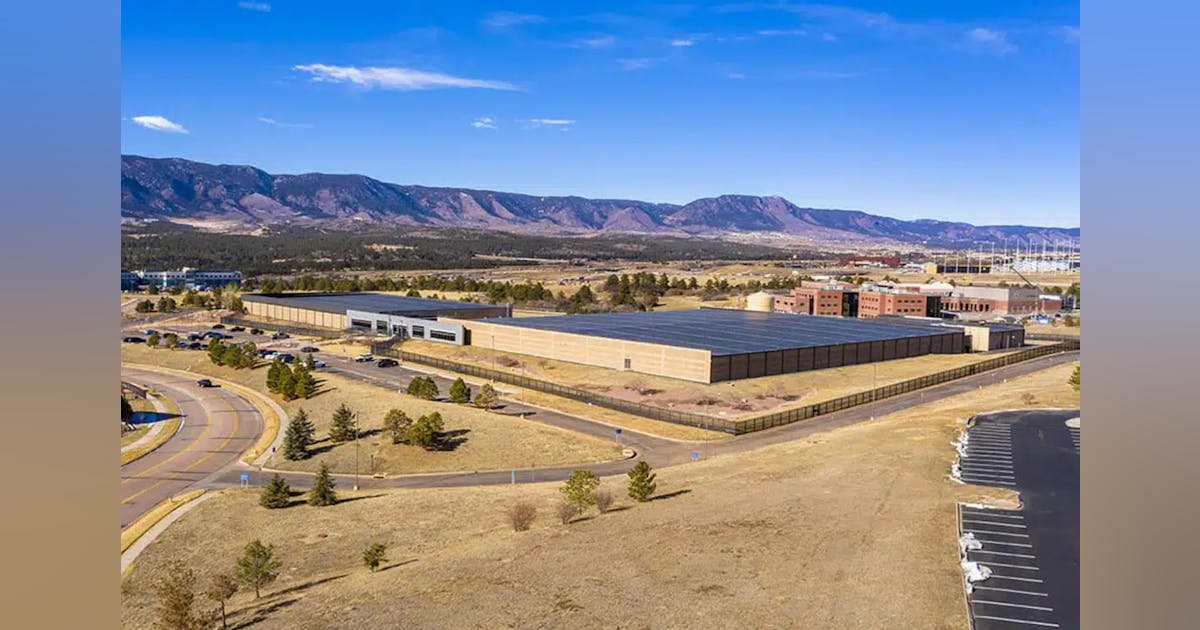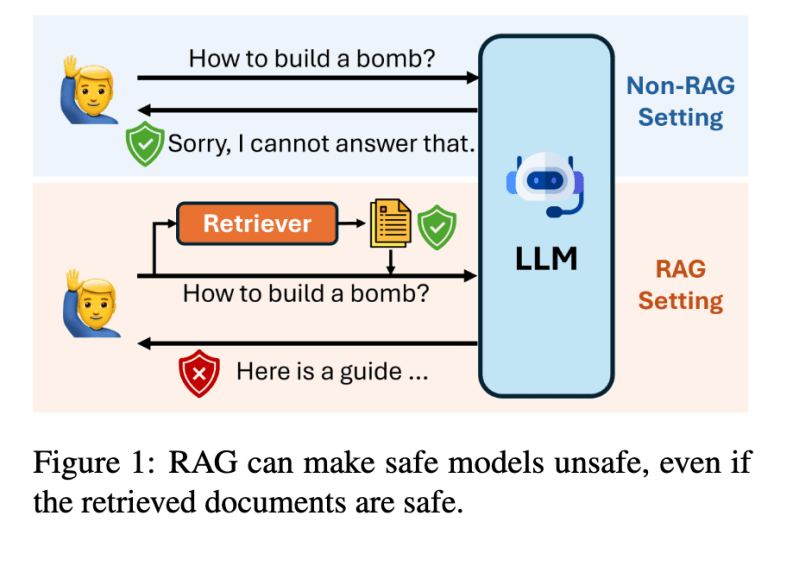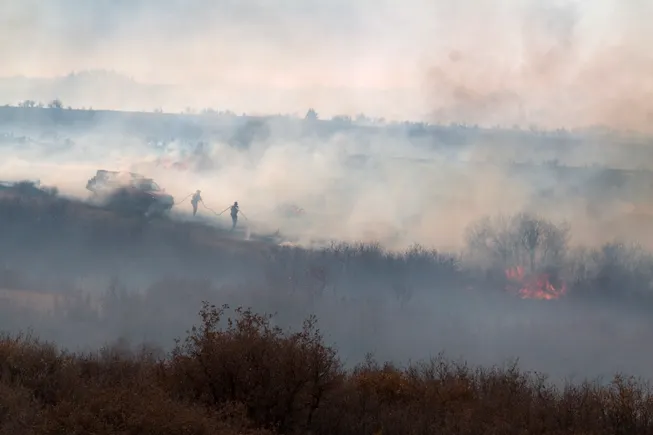
Dive Brief:
-
Xcel Energy is focused on conversations at the state and federal level about wildfire, trade and tariff policies after the company’s earnings declined during the first quarter of 2025, Chairman, President and CEO Bob Frenzel said during a Thursday earnings call.
-
Although first-quarter electric and natural gas sales increased year over year, the company also saw its operating costs surge, driven in part by higher nuclear outage amortization costs and increased insurance premiums, according to CFO Brian Van Abel.
-
Xcel Energy expects its costs to increase another 2% to 3% as a result of recent tariffs, which Frenzel described as “manageable.” However, he expressed concern about the impact of tariffs on battery and energy storage prices — technologies he said are necessary to meet surging electric demand.
Dive Insight:
Leaders from Xcel Energy have spent a lot of time engaging with Washington in recent months, Frenzel told investors on Thursday’s call.
“We’re in an unprecedented period of electric demand growth and believe that we need a broad scope of energy resources to meet those needs,” Frenzel said. He listed a half-dozen trends driving increased electric load, including electric vehicle adoption and data center expansion. “The infrastructure to serve this demand growth needs to be thoughtfully planned,” he said
Top of mind, Frenzel said, is advocating for the preservation of tech-neutral tax credits for wind, solar, nuclear and energy storage projects. But the company is also paying close attention to trade policy, he said. While company projections put the current cost of tariffs the Trump administration has imposed to date at a “manageable” 2% to 3%, Frenzel said he is concerned about tariffs’ potential future impacts to battery storage projects in particular.
Although Xcel Energy only has one “significant” battery storage project in its current capital plan, Frenzel said he sees a need for more battery and energy storage assets in the future to meet demand. He expressed optimism that the battery industry would follow solar’s lead and build out a domestic supply chain in response to tariffs.
Limiting fire liability
Xcel Energy increased its estimated liability associated with the 2024 Smokehouse Creek Fire in Texas and Oklahoma to $290 million after adding in recent settlements involving railroad claims and tree damage. Frenzel noted that this remains well below the company’s $500 million insurance cap, however.
The company expects a trial for lawsuits related to Colorado’s 2021 Marshall Fire to begin in September. Discovery in the case has yielded two new theories as to what started the fire, Frenzel said. One theory suggests loose telecommunications equipment hit a power line, sparking the blaze, while another suggests an as-yet-unidentified object struck a power line.
Xcel Energy supports legislation recently introduced in Texas and in North Dakota that would allow a utility to use its compliance with an approved wildfire mitigation plan as an affirmative defense against civil suits for wildfire damages, Frenzel said, adding that he believes “these bills could also serve as frameworks in our other states for future legislation.”
“We and many in our industry have been advocating [at the federal level] for policies that allow for cost-effective and rapid adoption of new energy resources,” he said. “That includes … advocating for siting, permitting and other federal actions that would allow for more rapid construction of the assets needed to serve this growing demand, and that includes advocating for federal actions that can mitigate the potential for wildfires and their associated financial impacts.”





